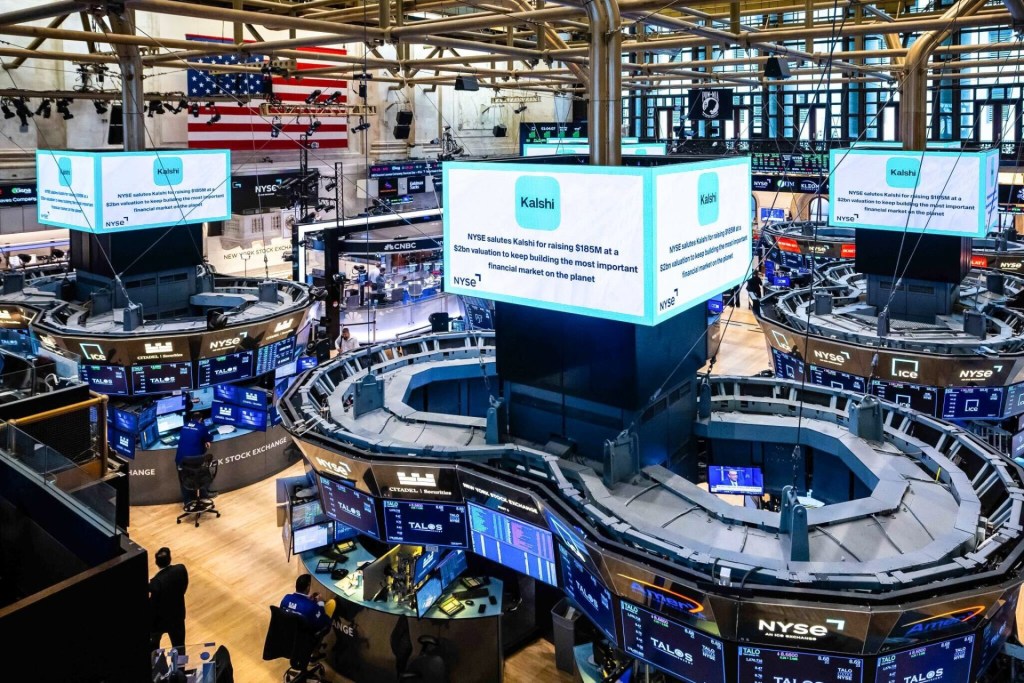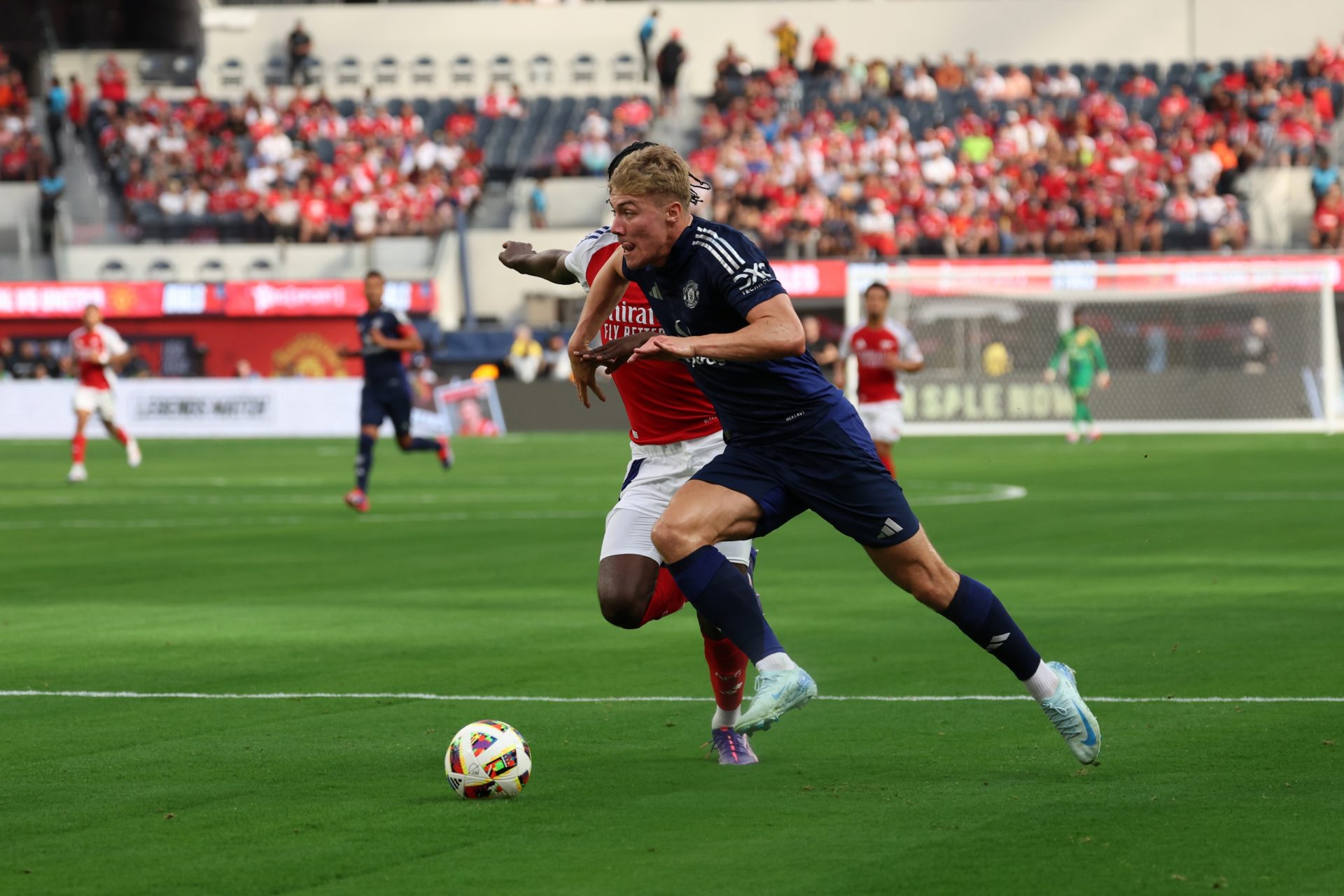GREAT TEW, ENGLAND — TKO’s Mark Shapiro isn’t buying the talk of bubbles in sports team and media rights valuations.
“Two of the most popular misconceptions over the last five years are that sports has hit a bubble and sports rights have hit a bubble,” the president and COO of TKO Group Holdings tells Front Office Sports ahead of the IMG-RedBird Summit 2025.
He points to recent NFL and NBA franchise valuations—the 49ers at $8.5 billion, the Bears at $8.8 billion, the Lakers at $10 billion and the Giants at more than that—and says it’s clear the market hasn’t hit a wall.
As for media rights, Shapiro hits back at the notion that Paramount overpaid for UFC’s U.S. media rights through the seven-year, $7.7 billion deal reached last month. TKO Group owns UFC, WWE, Professional Bull Riders, and IMG, a sports marketing agency.
“The whole topic is absurd,” he says. “Did Rupert Murdoch overpay when he got the NFL for Fox?”
The Paramount deal, he says, was simply a reflection of UFC’s market value. “The UFC was in high demand, I’ll put it that way. You’re going to pay what you need to pay if you really want to get the asset.”
For Shapiro, it’s not just about individual deals or valuations. It’s the bigger picture of what makes sports uniquely valuable.
“Sports is the last bastion of unifying content in this world,” he tells FOS.
That conviction underpins TKO’s aggressive strategy. The company has shifted UFC’s business away from the $80 pay-per-view model and toward broader distribution on Paramount+, where CBS plans to use the fights as premium content to attract subscribers.
“Pay-per-view is gone with UFC, no question about it,” Shapiro says. “Pay-per-view is one of the reasons boxing has slipped back over the last couple decades. Prices got out of control. This is going to be an enormous boost.”
Moving away from pay-per-view hasn’t made it any easier to solve one of sports’ longest-running headaches: late-night finishes. Fans complain when marquee bouts end after 1 a.m. on the East Coast, but Shapiro says there’s no perfect solution.
“Yes, it can be improved,” he says. “But there is no magic serum that will be the elixir that fixes this. Go earlier, and the West Coast takes a hit. Go later, the East Coast suffers. You’re just trying to capture as much of the audience as you can.”
On the business side, TKO has plenty on its plate. WWE’s Raw is roughly nine months into its Netflix run. UFC will shift to CBS and Paramount+ in January. Zuffa Boxing launches in 2026 with 12–16 fights annually, plus a handful of global “super fights.” And IMG—which TKO recently acquired—is overseeing media deals for UFC’s international rights, which TKO chose not to sell as part of one large package in tandem with its U.S. rights.
“We have about 150 different deals around the world with various countries and territories, and roughly a third of those come up for expiration per year,” Shapiro tells FOS.
That is the thesis for why TKO acquired IMG, he says. “They are the best in the industry when it comes to media distribution.”
If TKO didn’t have IMG in its portfolio, the company might have done an overall global deal for UFC’s media rights. “Netflix was certainly interested in a global deal, and various other platforms were too,” he says.
But with IMG, TKO knew there were better ways to monetize and build its audience than simply selling global media rights to one partner.
“Whether it’s [Latin America], Brazil, Korea, or Australia, these deals are coming up, and we intend to maximize that,” he says. “There will be individual deals, and there will be some companies that want to buy four, five, or even 10 territories. We’re open for business.”
Meanwhile, the company has doubled its dividend and launched a $1 billion share repurchase program. “Our compass is guided by what’s best for long-term, sustainable growth,” Shapiro says.
That compass must point toward what’s best for shareholders. Despite President Trump’s recent push to shift reporting rules from required quarterly reports to twice yearly for public companies, Shapiro is focused on the fundamentals.
“Until anything changes, it’s business as usual,” he tells FOS. “We have quarterly earnings calls, we talk to analysts and investors daily, and we focus on being transparent—so they can understand what we are doing and model the long-term growth of this business. Reporting every quarter also helps us continue the narrative.”
Editors’ note: RedBird IMI, in which RedBird Capital Partners is a joint venture partner, is the primary investor in Front Office Sports.









